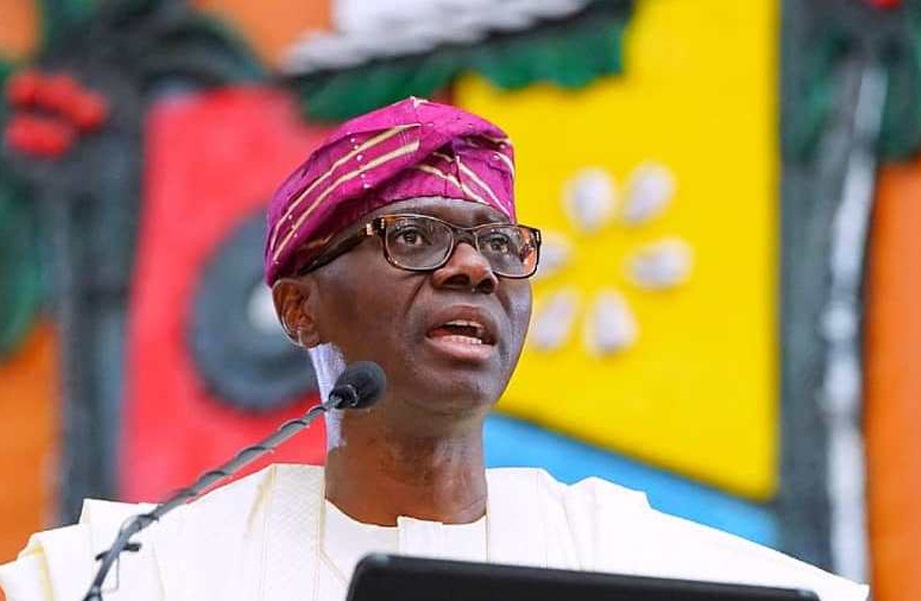News
Lagos urges residents on climate friendly lifestyles

The Lagos State Government has urged residents to join the fight against climate change by adopting friendly lifestyles.
Gov. Babajide Sanwo-Olu gave the advice during the Lagos State 8th International Climate Change Summit in Lagos on Tuesday.
The Climate Change Summit theme is: “Adapting Health, Energy, Agriculture, Transport And Waste Infrastructure To The Long-Term Impact Of Climate Change In Lagos.”
Sanwo-Olu said such climate friendly lifestyles include cutting down on the use of non-renewable energy sources, changing mobility lifestyles – like adopting car-pooling and cycling.
He listed others as eating more plant-based diets and less meat as well as managing waste creatively and sustainably.
The governor said this year’s climate change summit was a greater call to action, as the world was at a point where climate change was no longer theoretical threat, but very real phenomenon playing out before everyone.
“According to Geospatial World, the year 2020 is adjudged to be the worst year in terms of climate change.
“During the year 2020, the world experienced series of extreme climate events such as deadly flash floods in Jakarta, Indonesia, Storm Gloria in Spain, and a drought in Chile, to mention a few.
“It has therefore, become imperative that we address the pertinent issue of climate change because of its pivotal impact on key economic areas like agriculture, health, sustainable socio-economic development, enduring peace and security in our society.
“Just four days ago, precisely on the World Environmental Day, the United Nations Secretary General reiterated the fact that the world faces an environmental emergency, which may lead to deprivation of food, water and other necessary resources needed to survive.
“The onus is on all of us to collaboratively do everything necessary to save our environment, to mitigate the adverse effects of climate change and to make our planet more pristine and liveable,” he said.
Sanwo-Olu said Lagos was very vulnerable to the effects of climate change, noting, it sat on the edge of the Atlantic Ocean, with a land mass so small and prone to flooding, as a result of being mostly occupied by water.
He noted that circumstances had therefore, compelled all to be proactive, hence the annual climate change summit.
In his welcome address, Mr Tunji Bello, Commissioner for Environment and Water Resources, said the summit had been a melting pot for researchers, investors, academicians and stakeholders in the environment and economic sectors, where notable decisions and actions were taken.
Bello said climate change was one of the defining challenges of time, which needed to be tackled collectively.
He also said receding forests, biodiversity loss, changing rainfall patterns, drought, increase in dust storms, increase in temperature and rising sea levels were grossly increasing existing economic, political and humanitarian stresses.
“Climate change is about increased risk: of extreme events of natural disasters, and of changes in weather patterns.
“As our understanding of the climate grows, so does our understanding of what those risks might mean for our people,” the commissioner said.
According to him, governments and businesses around the world are planning for climate instability, from flood defences to foreign aid.
Bello noted that climate change was now part of policy and public discussions around the world.




 Davido's Net Worth & Lifestyle
Davido's Net Worth & Lifestyle 
